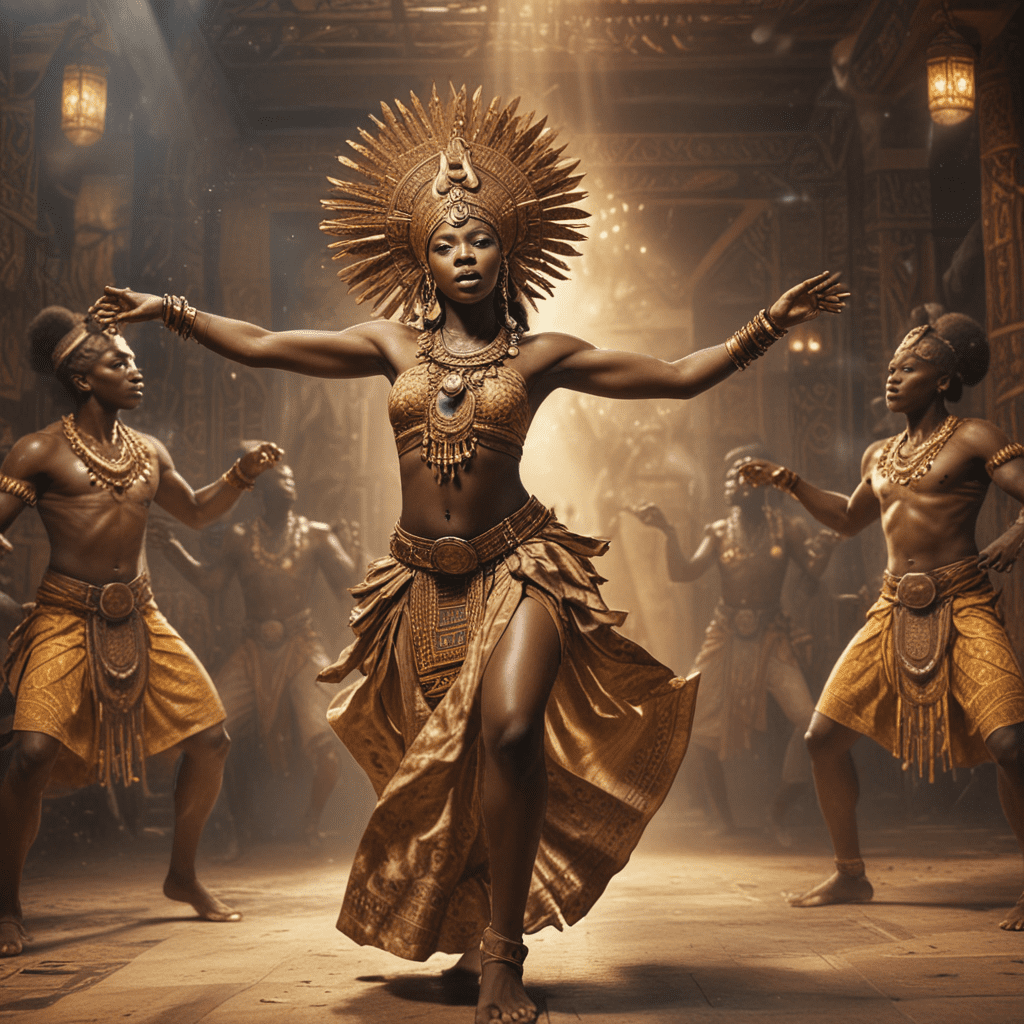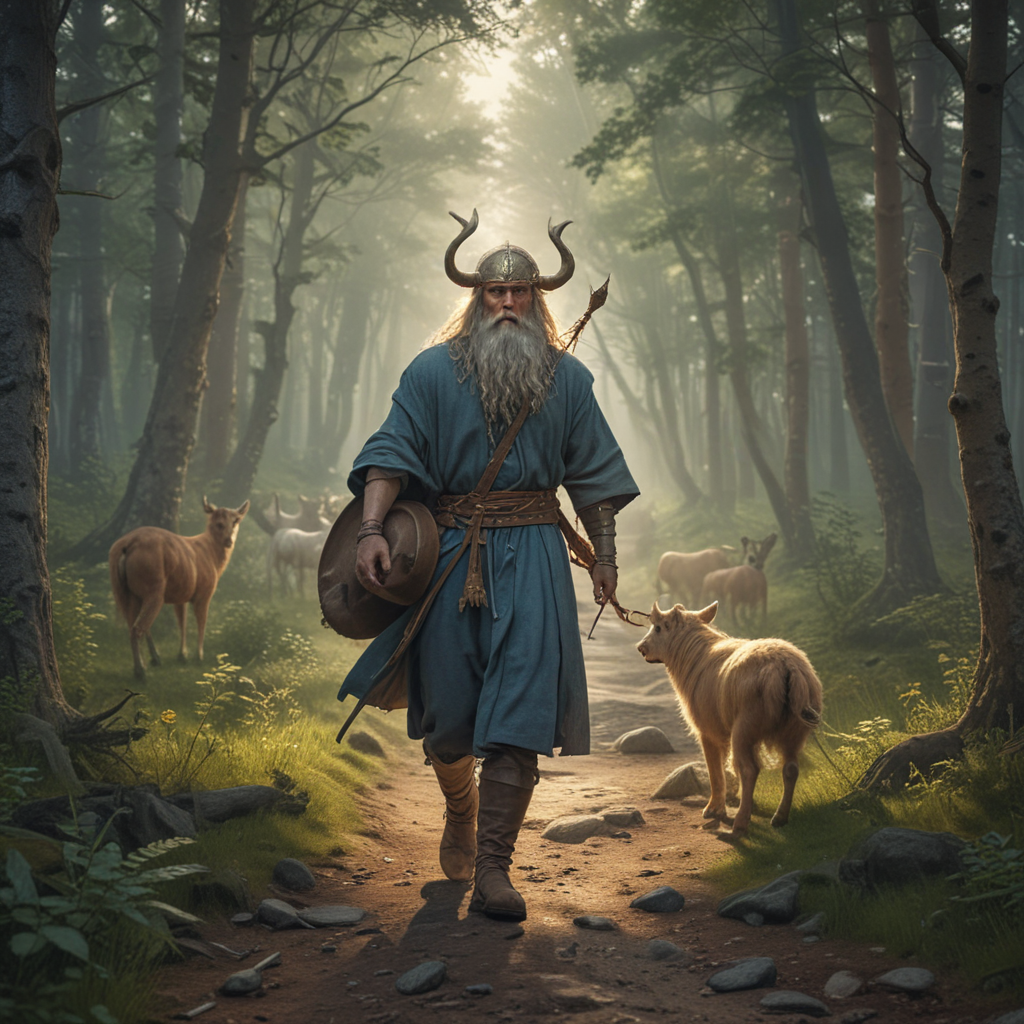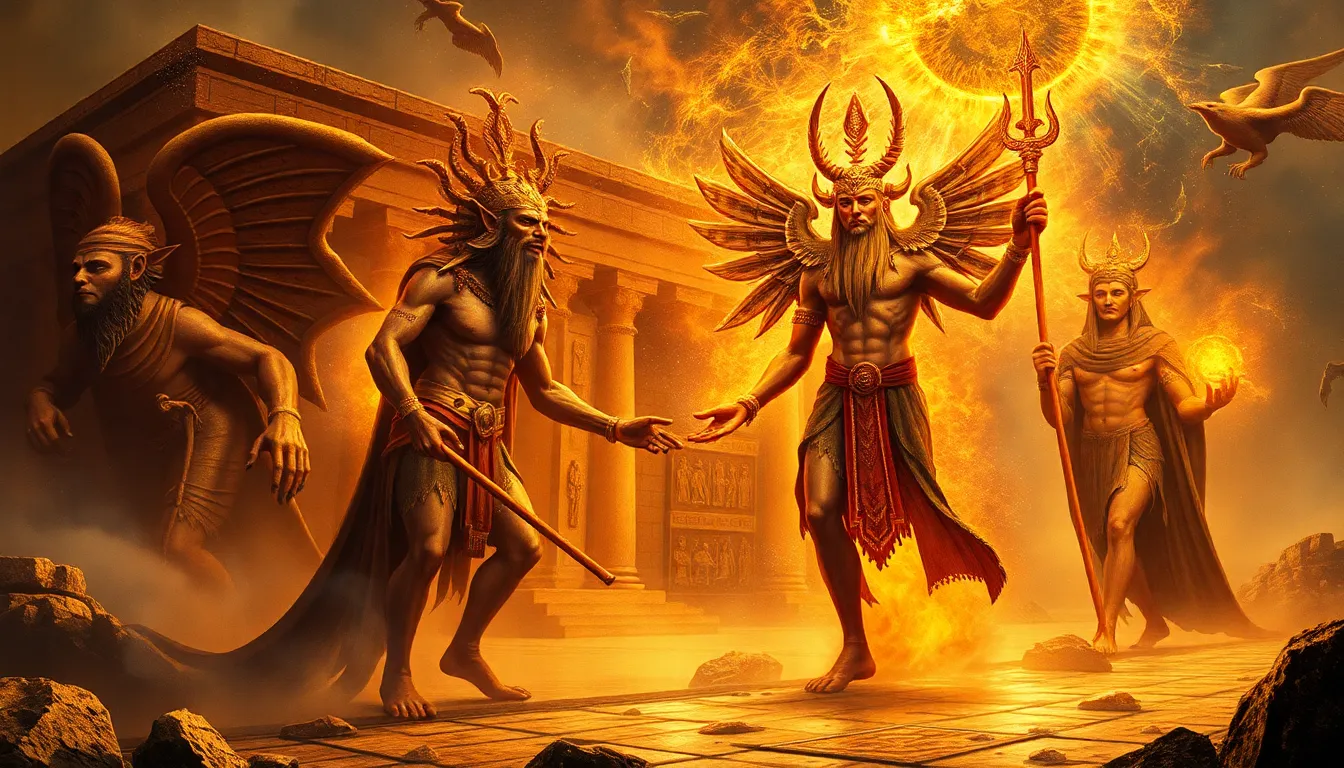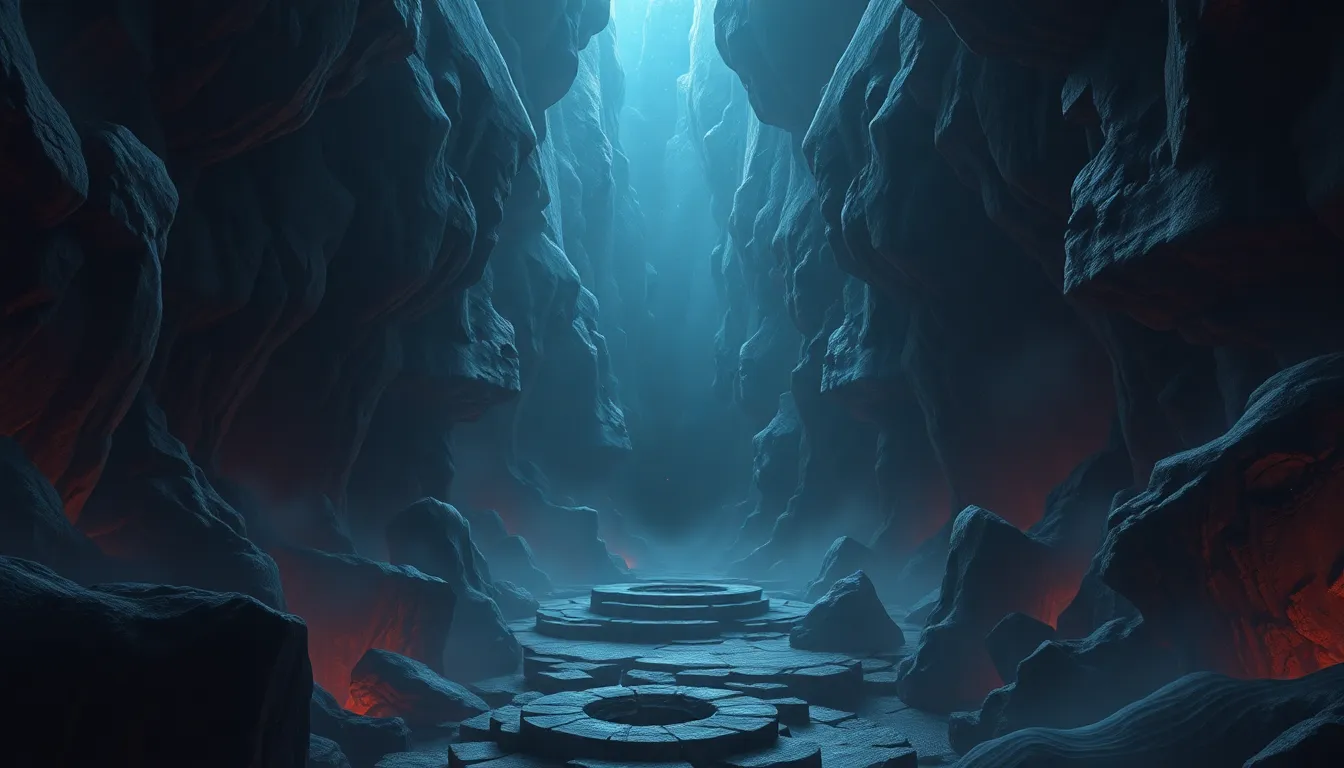1. Introduction
African folklore is replete with tales of the power of music and dance to shape the natural world. From the ancient tales of Anansi the Spider, who used his musical prowess to outwit the gods, to the modern-day rhythms of Afrobeat and hip-hop, music and dance have played an integral role in African culture for centuries.
2. The Significance of Music and Dance in African Culture
Music and dance are not just forms of entertainment in African culture. They are deeply embedded in the fabric of society, serving religious, social, and political functions. They are used to mark important life events, such as weddings and funerals, to communicate history and mythology, and to connect with the divine and the ancestors.
3. The Role of Music in Storytelling and Legend
Music is a powerful tool used to preserve and pass on cultural knowledge in African mythology and folklore. Songs and chants have been used for centuries to recount the history and traditions of a particular people, often accompanied by rhythmic dance movements to enhance storytelling and make the experience more memorable. Many African myths, legends, and folktales are passed down from one generation to another through music. Griots are traditional historians who use music as a medium to preserve and pass down the oral traditions of their people through generations.
4. Dance as a Sacred Ritual and Communal Expression
Dance is an essential element of many African rituals and ceremonies. It can be used to connect with the divine or ancestors, to celebrate life events, to mark rites of passage, or to honor the dead. Dance is also a form of communal expression and social bonding, allowing individuals to connect and interact with others. It helps cultivate a sense of belonging and togetherness within a community and enables them to express their beliefs and cultural values.
5. Rhythms, Melodies, and Harmony in African Music
African music and dance have unique rhythmic patterns and harmonies that vary from one region to another, contributing to its rich diversity. African music is known for using polyrhythms (multiple rhythms played simultaneously) and complex rhythmic structures that often incorporate syncopations, creating a dynamic and captivating soundscape. The melodies and harmonies used in African music are typically built on pentatonic and heptatonic scales, which create a unique and expressive soundscape that is distinct from Western music and has influenced many contemporary music genres worldwide.
6. The Instruments of African Music: Drums, Stringed Instruments, and Wind Instruments
African music is rich in instrumentation and features diverse forms of drums, stringed instruments, and wind instruments. Drums play a central role in African music, with a variety of shapes, sizes, and playing techniques used to create distinct rhythmic patterns. Stringed instruments such as the kora, ngoni, and mbira add melodic and harmonic depth, while wind instruments like the flute and trumpet provide melodic and rhythmic embellishments. The combination of these instruments creates a complex and captivating musical experience that reflects the cultural diversity and creativity of Africa.
7. The Influence of Music and Dance on African History and Society
Music and dance have profoundly influenced African history and society. Griots, who are traditional historians and musicians, have played a vital role in preserving and passing down historical narratives and cultural traditions through their songs and performances. Music and dance have also served as a form of resistance and social commentary, enabling people to express their views on political and social issues. Furthermore, music and dance have fostered cultural exchange and facilitated connections between different African communities.
8. Music and Dance as a Means of Social Control and Cultural Preservation
In many African societies, music and dance have been used as tools for social control and cultural preservation. Through music and dance, communities can reinforce their values, norms, and beliefs. They can also use music and dance to regulate behavior, teach young people about their culture, and maintain social order. Music and dance, therefore, play a crucial role in shaping and perpetuating the cultural heritage of African communities.
9. The Contemporary Relevance of African Music and Dance
African music and dance continue to thrive and evolve in the modern world. From traditional forms to contemporary genres like Afrobeat, hip-hop, and reggae, African music and dance have left an undeniable mark on global popular culture. African artists and musicians are pushing creative boundaries and using music and dance to address contemporary issues, advocate for social change, and connect with global audiences. The impact of African music and dance extends beyond entertainment, contributing to cultural diversity, fostering intercultural dialogue, and inspiring creativity worldwide.
10. Conclusion: The Enduring Power of African Mythology
The enduring power of music and dance in African mythology and culture is a testament to their transformative and unifying impact. From ancient myths and legends to modern-day expressions, music and dance continue to connect people, preserve traditions, and inspire creativity. They are an integral part of African cultural identity and heritage, enriching the lives of countless individuals and communities across the continent and beyond. As African music and dance continue to evolve, they will undoubtedly remain a vital source of cultural pride, artistic innovation, and social transformation.
FAQs:
What is the significance of music in African mythology and culture?
Music is deeply embedded in African culture, with a wide range of instruments, including drums, stringed instruments, and wind instruments, used to communicate historical narratives, accompany rituals, and provide rhythmic patterns for dance.
How does dance connect people in African culture?
Dance serves as a unifying force in African culture, facilitating social bonding, enabling individuals to interact and connect, and fostering a sense of belonging and communal expression. It also connects cultures, fosters diversity, and encourages appreciation.
How does African music influence contemporary music?
African music has heavily influenced modern music genres, such as Afrobeat, hip-hop, and reggae, contributing to global popular culture. Contemporary musicians continue to draw inspiration from traditional rhythms and melodies while exploring innovative fusions and blends, creating captivating soundscapes.
How does dance help preserve African traditions and heritage?
Through rhythmic dance movements and symbolic gestures, African dance preserves and perpetuates cultural norms, beliefs, and rituals. It serves as a living archive, ensuring that traditions and stories are passed down to future generations, promoting continuity and preserving the richness of African cultural heritage.
How is African mythology intertwined with dance?
African mythology and dance are intertwined in many ways. The power of rhythmic dance connects participants with ancestral spirits and provides insights into cultural identity, creation stories, and the origins of life. Ritual dances, often linked to specific gods, are said to bring harmony, fertility, and healing.



